經濟思想的分水嶺之作
貧富不均漸趨惡化已是當前極受熱議的問題。它的原因究竟是什麼?儘管眾說紛紜,但各種議論的資料根據似乎略嫌不足。
皮凱提從稅收與遺產紀錄著手,蒐集整理橫跨二十幾個國家、長達二百多年的數據資料,藉此分析工業革命以來的全球財富分配動態,從中提出一個系統而全面的解釋。
這個源自龐大實證資料的見解,其核心概念相當簡單:從歷史證據來看,資本報酬率通常大於整體的經濟成長率,也就是說,有錢人財富增生累積的速度快過一般人工作收入增加的速度,因此富者將愈來愈富,占掉社會大部分的所得與財富份額。
過去的主流意見認為,貧富差距拉大只是經濟發展的初期現象,到了成熟階段,分配不均的情況會逐漸減低。然而皮凱提指出,上述說法只是剛好看到二十世紀初期到中期的發展所導致的誤會。資本主義經濟在那一段時間出現貧富差距縮小的情況,主因在於兩次世界大戰與大蕭條摧毀了許多原本的財富積累,以及當時的高累進稅政策。
皮凱提認為,各國政府應積極改革稅制,減低財富過度集中的趨勢,否則將危害民主社會依照個人才能與努力決定報酬的基本價值,我們也很可能回到十九世紀那種貧富極度不均的景況。
本書出版後造成十分罕見的討論熱潮,在經濟學界引起強烈迴響,多位諾貝爾經濟學獎得主亦撰文解析讚許,推崇「此書將改變我們思索社會與研究經濟學的方式」。
(中文書簡介來自衛城出版《二十一世紀資本論》書介)
A New York Times #1 Bestseller
An Amazon #1 Bestseller
A Wall Street Journal #1 Bestseller
A USA Today Bestseller
A Sunday Times Bestseller
A Guardian Best Book of the 21st Century
Winner of the Financial Times and McKinsey Business Book of the Year Award
Winner of the British Academy Medal
Finalist, National Book Critics Circle Award
What are the grand dynamics that drive the accumulation and distribution of capital? Questions about the long-term evolution of inequality, the concentration of wealth, and the prospects for economic growth lie at the heart of political economy. But satisfactory answers have been hard to find for lack of adequate data and clear guiding theories. In
Capital in the Twenty-First Century, Thomas Piketty analyzes a unique collection of data from twenty countries, ranging as far back as the eighteenth century, to uncover key economic and social patterns. His findings will transform debate and set the agenda for the next generation of thought about wealth and inequality.
Piketty shows that modern economic growth and the diffusion of knowledge have allowed us to avoid inequalities on the apocalyptic scale predicted by Karl Marx. But we have not modified the deep structures of capital and inequality as much as we thought in the optimistic decades following World War II. The main driver of inequality--the tendency of returns on capital to exceed the rate of economic growth--today threatens to generate extreme inequalities that stir discontent and undermine democratic values. But economic trends are not acts of God. Political action has curbed dangerous inequalities in the past, Piketty says, and may do so again.
A work of extraordinary ambition, originality, and rigor,
Capital in the Twenty-First Century reorients our understanding of economic history and confronts us with sobering lessons for today.



 天天爆殺
天天爆殺  今日66折
今日66折 
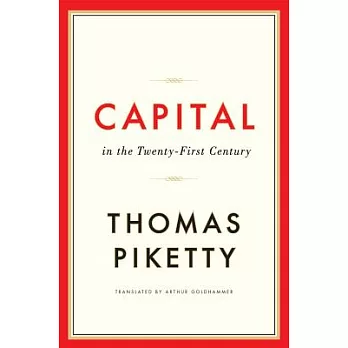
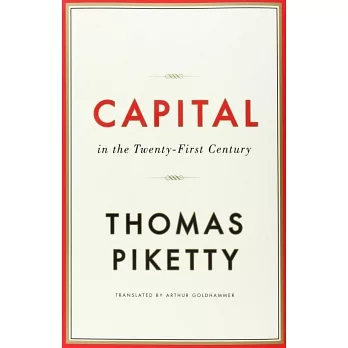
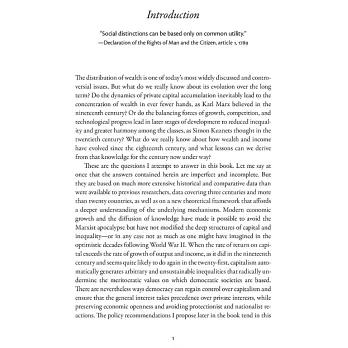
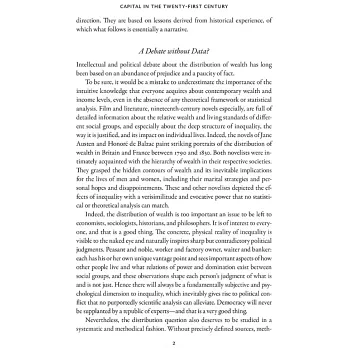
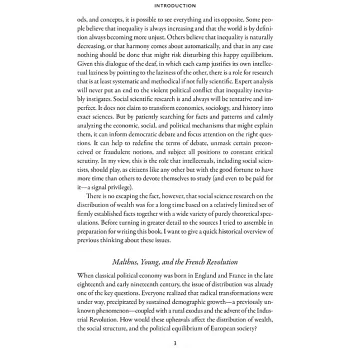
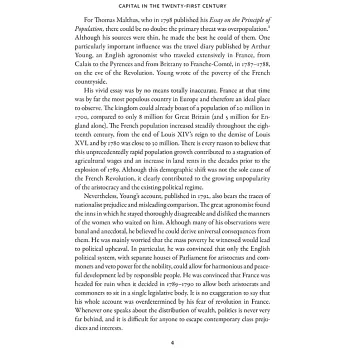
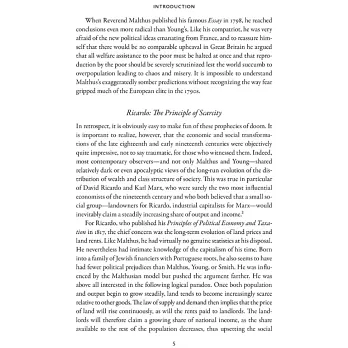

















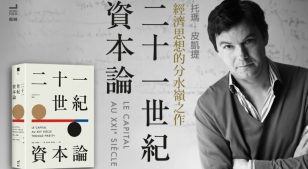







 博客來
博客來 博客來
博客來 博客來
博客來 博客來
博客來 博客來
博客來